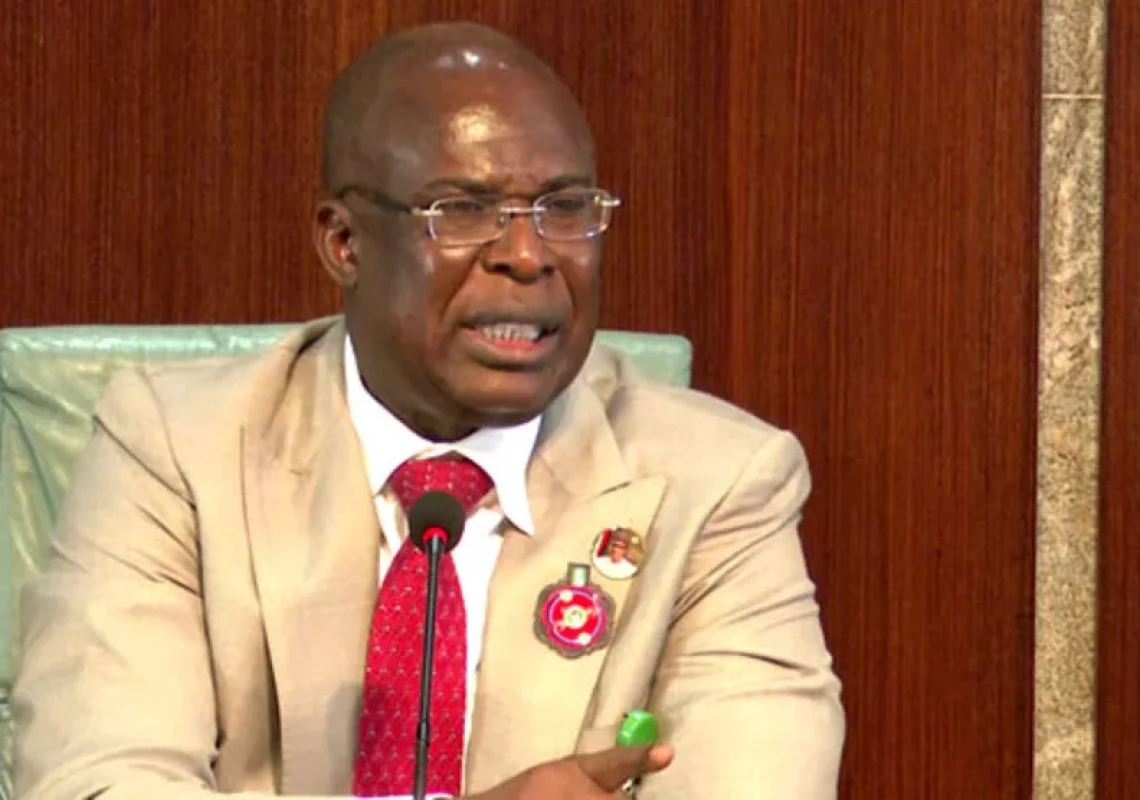Chief Timipre Sylva, the Minister of State for Petroleum Resources has announced that the Federal Government has not approved any increases in the price of Premium Motor Spirit (PMS), also known as petrol, at the pump.
In a statement released on Friday in Abuja, Sylva said that President Muhammadu Buhari had not given his approval to the rumoured increase in the pump price of PMS.
“No price rise for PMS or any other petroleum product has been approved by President Muhammadu Buhari.
“There is no reason for the President to renege on his earlier promise not to approve any increase in the price of PMS at this time.
“Mr President is sensitive to the plight of the ordinary Nigerian, and has said repeatedly that he understands the challenges of the ordinary Nigerian and would not want to cause untold hardship for the electorate.
“Government will not approve any increase of PMS secretly without due consultations with the relevant stakeholders,” he said.
He stated that the President has not given any agency, including the Nigerian Midstream and Downstream Petroleum Regulatory Authority (NMDPRA), instructions to raise fuel prices.
He asserts that now is not the time to raise the cost of PMS at the pump.
The Minister clarified that the events taking place were the work of troublemakers and those attempting to cast doubt on the President’s accomplishments in the oil and gas industry.
“I appeal to Nigerians to remain calm and law abiding as the government is working hard to bring normalcy to fuel supply and distribution in the country,” he said.
While waiting in long lines of customers, NAN in Abuja conducted checks and discovered that the pump price of PMS at the NNPCL retail outlets in Zone 1 Wuse and the NNPCL Mega Station by Church Gate had been adjusted to N194 per litre from N179.
Currently, other oil merchants in the FCT are selling PMS for between N195 and N280 per litre.
However, some drivers and shoppers bemoaned the challenges brought on by the present fuel shortage in the region and elsewhere.






